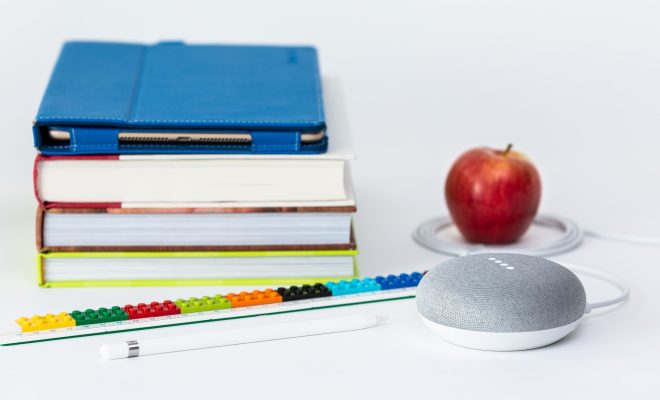Teaching Students About Astrolabe

Astrolabe is an astronomical instrument used to measure the altitude of celestial objects, such as stars and planets, above the horizon. It was invented by ancient Greeks and developed by Muslims in the medieval period. Astrolabe was also used for navigation and timekeeping. Today, Astrolabe is a fascinating subject for science, history, and math classes. Here are some tips for teaching students about Astrolabe.
1. Introduce the history of Astrolabe: The story of Astrolabe involves ancient Greek philosophers, Islamic astronomers, and European explorers. You can show your students pictures and videos of ancient astrolabes, explain how they were made and used, and discuss their significance in the history of science.
2. Explain the mechanics of Astrolabe: Astrolabe has various parts, including a rete (a circular disk with stars), an alidade (a sighting rule), and a mater (a base). You can demonstrate how these parts work together to measure the altitude of a celestial object, and how Astrolabe can be used to find the time, the direction, and the location of a place.
3. Use Astrolabe in the classroom: You can make a simple Astrolabe with your students using paper, cardboard, and a compass. This will help them understand the basic concepts of Astrolabe and practice their geometry and measurement skills. You can also show them how to use Astrolabe to find the altitude of the sun, the moon, or a star, and compare their results with modern astronomical data.
4. Explore Astrolabe in different cultures: Astrolabe was used in different regions of the world, such as Europe, the Middle East, and India. You can teach your students about the different designs and functions of Astrolabe in these cultures, and how they reflect their scientific and cultural values.
5. Discuss the significance of Astrolabe today: Although Astrolabe is no longer used for scientific purposes, it has a symbolic and educational value. Astrolabe represents the human quest for knowledge, the diversity of cultures, and the connection between science and art. You can ask your students to reflect on the meaning of Astrolabe in their own lives, and how it inspires them to explore the universe.
Teaching students about Astrolabe can be a fun and enriching experience. It can help them appreciate the history, science, and culture of astronomy, and develop their creativity and critical thinking skills. By using Astrolabe in the classroom, you can also create a hands-on and interactive learning environment that engages and motivates your students.






